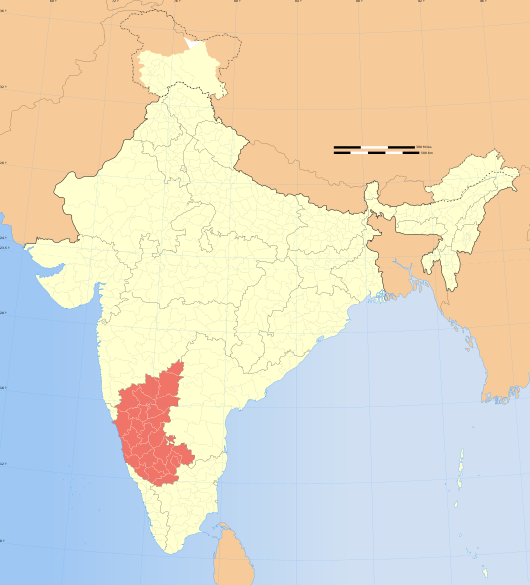
A conference addressing theological and practical challenges
for the future of the missional church
Friday, October 10, 2008 |
Noon - Registration
1:00 - 1:50 p.m. - Plenary session
Scot McKnight - "The Bible and Missional Listening"
2:00 - 2:45 p.m. - Parallel sessions
Michael Noel – Coaching Established Churches for Missional Change
Todd Hiestand – Missional in Suburbia? Are you Kidding?
J.H. Kim – The Art of Worship: Practical ways to empower and engage the creative arts in your community
Eric Mason – Missional church planting in an urban setting
Steve Kriss & pastors – Missionality & Multiculturalism
2:45 - 3:15 p.m. - Snack break
3:15 - 4:00 p.m. - Parallel sessions
Repeat first session
4:10 - 5:00 p.m. - Plenary session
Tim Keel - "Leadership, the Local Church, and the Crisis of Imagination"
5:00 - 6:30 p.m. - Reception with refreshments
6:30 - 9:00 p.m. - Speakers & Formal Installation Ceremony
David Dunbar - Welcome
Darrell Guder - "The Promise and Threat of Missional Theology"
Brian McLaren - "An Epistemology of Love"
John Franke - Chair Acknowledgment
photo credit: untitled by inocuo 2007-08-30 flickr




